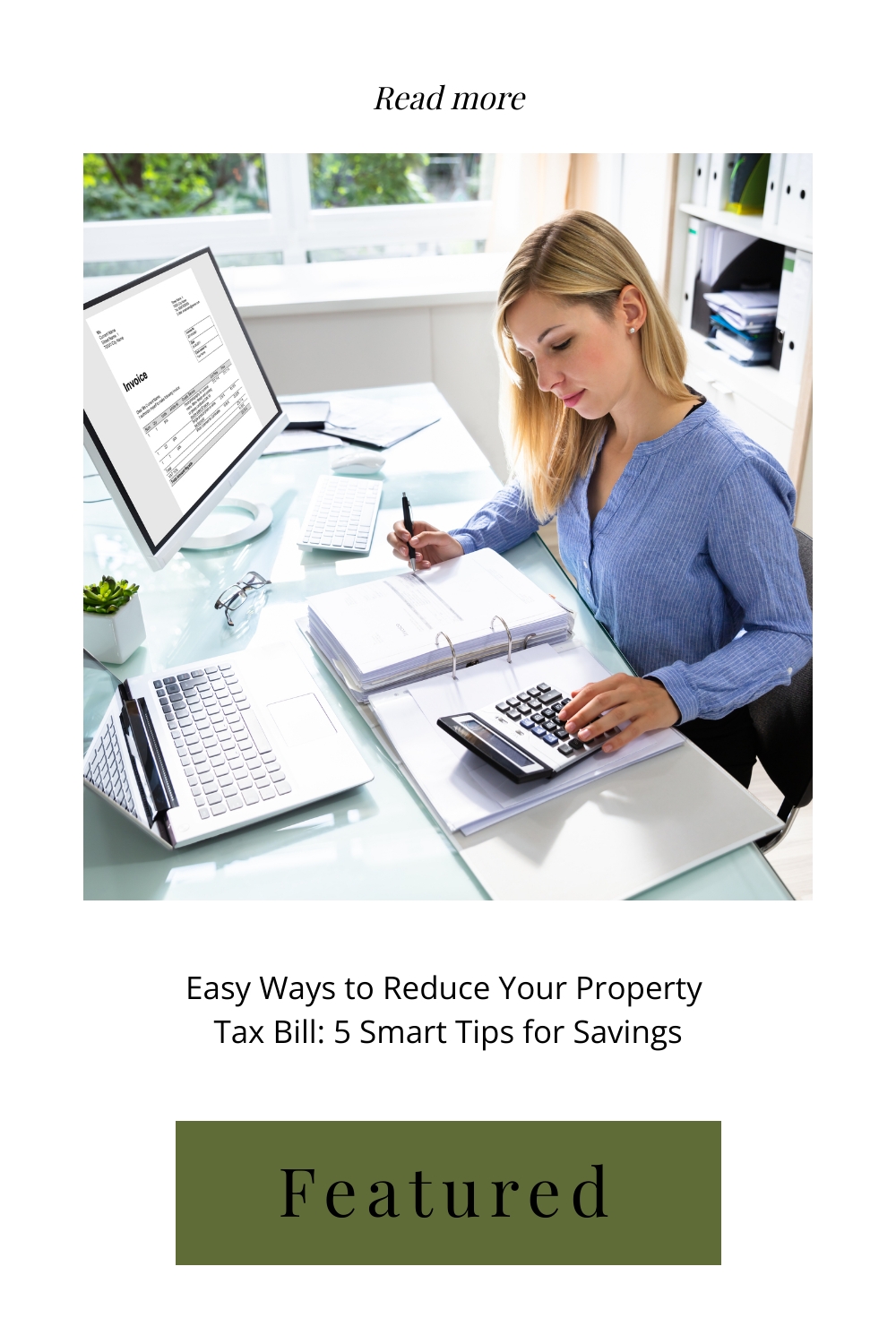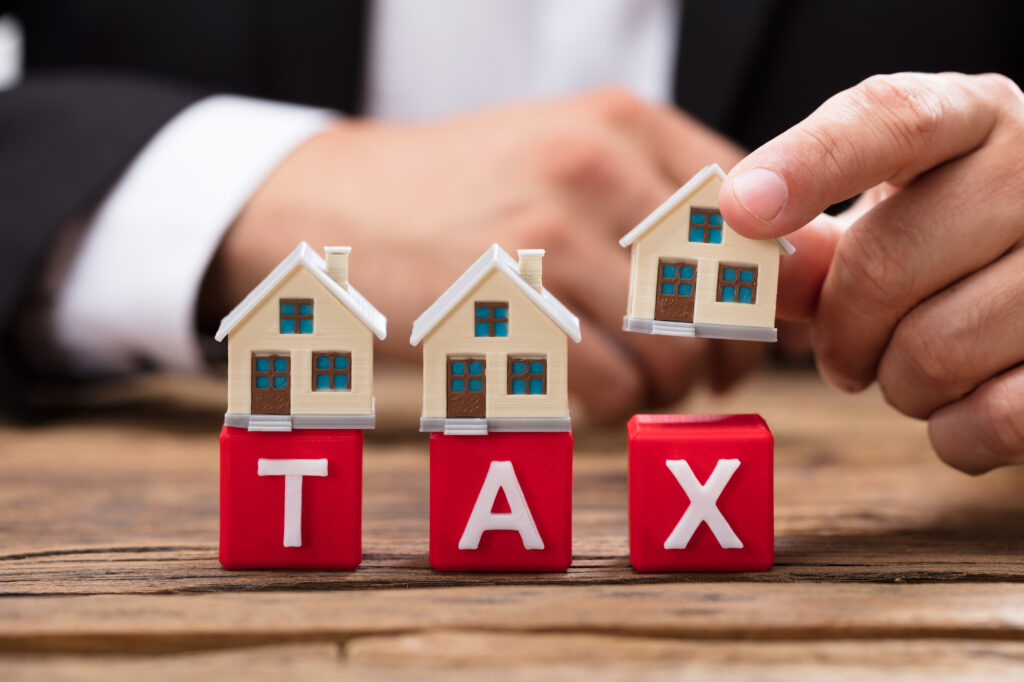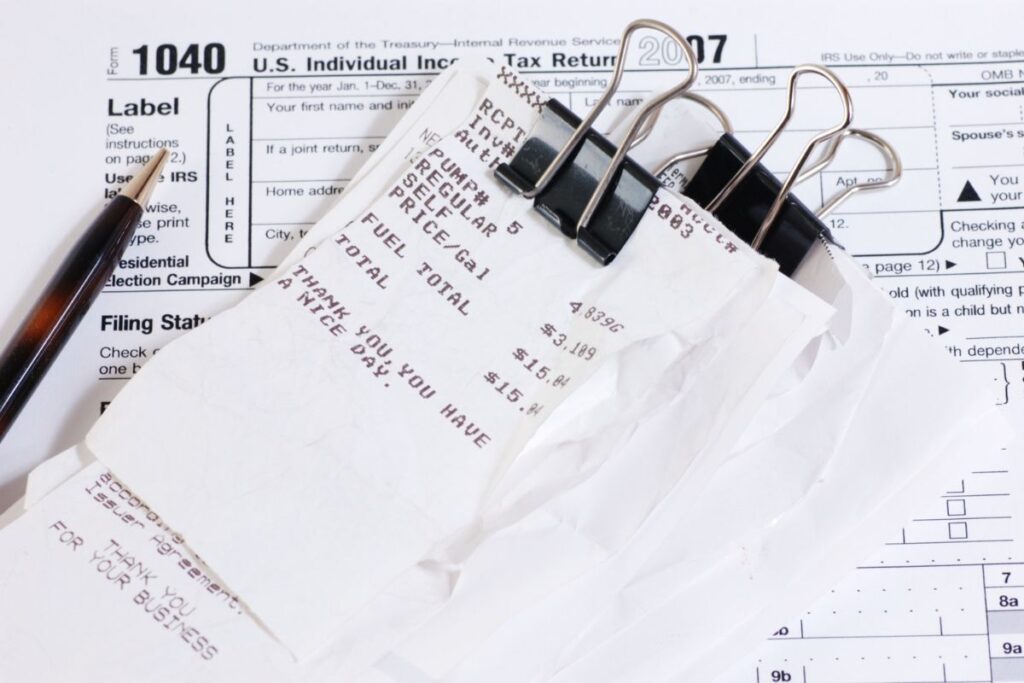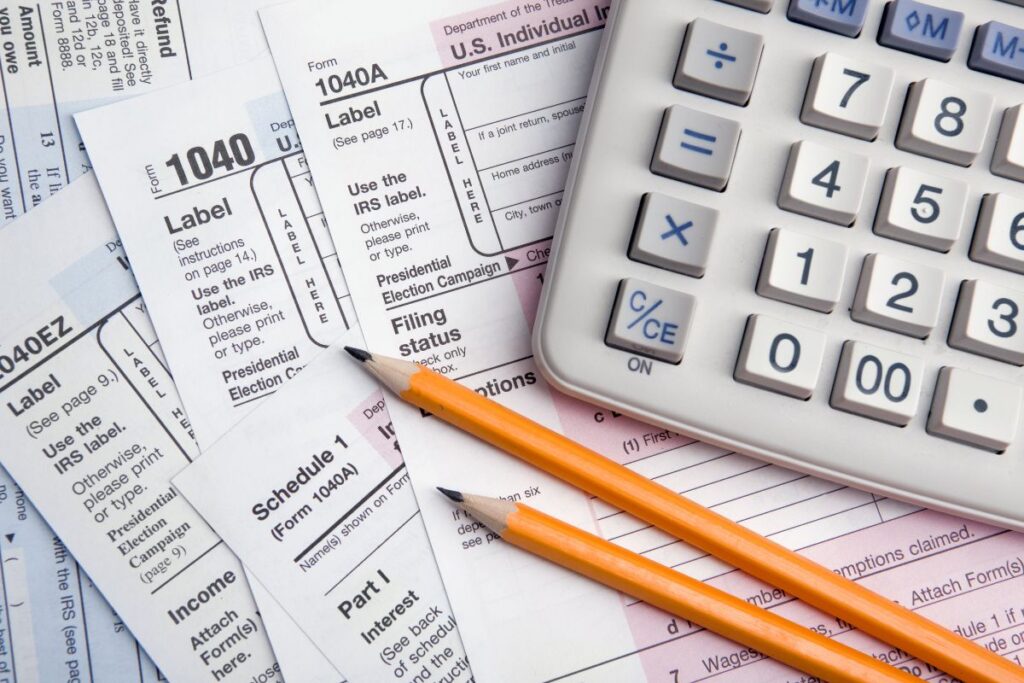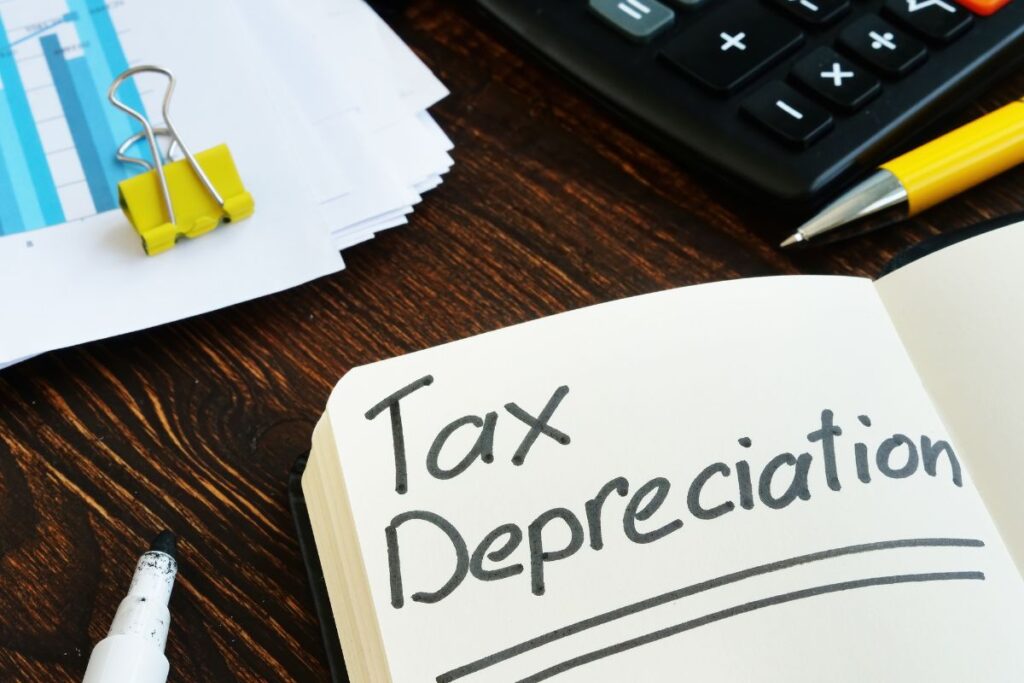
You can ask your neighbors about their property taxes, they’re more likely to say that they pay too much. If you’re also in the same category, then it is important to know how to lower your property tax and save money.
But what exactly a property tax is? Well, it is the amount that is calculated by the local government and paid by the homeowners. Know that property tax isn’t a fixed amount. It increases steadily over time, depending on the location of your property.
Even if you’re done paying the mortgage, you’ll still have to pay the property tax until you give up on homeownership. So, in this article, we’ll discuss some of the best ways to reduce your property tax and save a huge amount of money. Let’s begin:
Contents
1. Understand Your Assessment
First and foremost, it is important to know how the local government calculates your property tax.
Property assessors often calculate the property tax on the basis of its size, location, and recent sales in a particular area. It is important to check the assessment carefully and make sure there are no errors.
In case, you find any errors in the assessment, make sure to reach out to the local assessors immediately and get it corrected. However, you can also seek help from property tax reduction experts from reputable firms like Ray Tax Group who will help you in filing appeals with the local tax authorities.
This is a simple step that can make a world of difference. Remember, the lower your assessed value, the lower your property taxes. So, take a few minutes to understand your assessment—it’s a crucial move on the path to smart savings.
2. Avoid Major Renovations
To reduce your property tax, make sure to avoid making any major renovations in your property. Major renovations like a deck, a pool, or any other permanent fixture can increase your property’s value. And when your property’s value is increased, it will ultimately increase the property tax.
However, if you still plan to do some major renovations, then educate yourself on how much of an increase in the property tax will be made after the major renovation. Before planning the major renovation, consider consulting with local authorities or a tax professional to understand how they may affect your property tax assessment.
3. Limit Curb Appeal
One often overlooked aspect that can impact property taxes is curb appeal. While enhancing the external appearance of your home is great, try to avoid going overboard with it. After all, the more attractive your home is, the higher the property tax will be.
For example, landscaping and exterior improvements can increase the perceived value of your property, leading to higher property tax assessments. Instead, try to find a balance between enhancing your home’s appearance and avoiding excessive curb appeal that could attract unwanted attention from assessors.
Also, be mindful of local guidelines regarding curb appeal and how they may influence property assessments. It might be beneficial to consult with local authorities or a tax professional to understand the potential implications of specific curb appeal enhancements on your property taxes.
4. Take Advantage of Homestead Exemptions
Don’t miss out on potential property tax savings—take advantage of homestead exemptions. If you call your property your main home, these exemptions can be a financial win. To qualify, you usually need to show proof of residency, like a driver’s license or utility bills.
Homestead exemptions offer tax breaks, putting money back in your pocket. It’s a simple way to reduce your property tax bill, ensuring you keep more of your hard-earned money. So, check the rules in your area, apply for the exemption, and enjoy the benefits of this straightforward and effective strategy for smart savings.
5. Allow the Accessors to Your Home
It is always important to allow access to the accessors to your home. If you don’t, they may assume that you’ve made major changes in your home which can result in higher property tax.
Many towns have this policy that if the homeowner doesn’t allow access to the property, the assessors will automatically assign the highest assessed value for that property type – be it fair or not.
So, to reduce the property tax, always allow property assessors to let it and assess your property and tax accordingly.
Summing Up
Reducing your property tax bill doesn’t have to be a complex or frustrating process. With these tips mentioned above, you can take proactive steps to lower your property tax liability.
Remember, a proactive approach to property tax management can lead to long-term financial benefits and increased peace of mind.
Featured Image Credit: Deposit Photos
